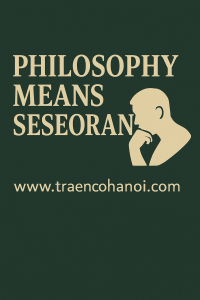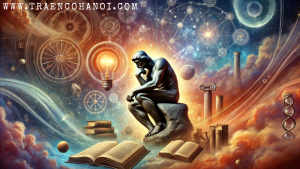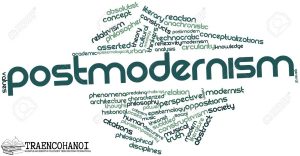
Introduction
Coffee, more than just a beverage, is a global phenomenon intertwined with an intricate tapestry of cultural, economic, and personal significance. Its journey from bean to cup is steeped in history, tradition, and a philosophy that goes beyond mere consumption. We delves into the multifaceted world of coffee, exploring its philosophical underpinnings and the impact it has on our lives.
The Historical Perspective
The story of coffee begins in Ethiopia, with a tapestry of legends surrounding its discovery. Its spread across the globe is a testament to human curiosity and the desire for connection. Coffee houses, first appearing in the Middle East, became hubs of social, political, and intellectual discourse. Laying the foundation for what coffee represents today – a catalyst for conversation and community.
Coffee as a Cultural Phenomenon
Each region of the world offers a unique coffee experience, reflecting the diversity of its people and cultures. From the espresso rituals of Italy to the traditional coffee ceremonies of Ethiopia, coffee is more than a drink; it’s a cultural expression. It signifies hospitality, respect, and a deep-rooted sense of community.
The Personal Dimension
Beyond its social implications, coffee holds a personal resonance. It’s a companion during moments of solitude, a spark for creativity, and a source of comfort. The ritual of brewing coffee can be meditative, offering a moment of pause in our hectic lives. It’s a sensory experience – the aroma, the taste, the warmth – each element contributing to a personal journey of reflection and mindfulness.
Coffee and Sustainability
The philosophy of coffee also encompasses an ethical dimension, particularly in terms of sustainability and fair trade. The journey of The Philosophy of Coffee beans is a complex chain involving farmers, traders, roasters, and baristas. Ethical sourcing and sustainability practices are crucial in ensuring that this journey is fair and environmentally conscious, highlighting our interconnectedness with the wider world.
Coffee, in its essence, is a bridge between the individual and the collective, the past and the present, the local and the global. It invites us to pause, reflect, and connect, offering a deeper understanding of ourselves and the world around us. As we sip our next cup, let us ponder the rich philosophy it embodies, appreciating the journey it has taken to reach us.
Coffee and Modern Society: A Reflective Mirror
The Role of Coffee in Modern Society
In contemporary times, coffee has evolved beyond its traditional roots, reflecting the complexities of modern life. It’s a symbol of the fast-paced world we live in, often associated with the hustle and bustle of urban life and the need for productivity. Serving not just as places to enjoy a beverage, but as social hubs, remote workspaces, and creative sanctuaries.
The Art and Science of Coffee
Coffee is also a craft, an art form that blends science and aesthetics. Baristas, much like artists, use their skills to create a perfect cup of coffee, balancing grind size, water temperature, and brewing time. The science of coffee, from the chemistry of extraction to the physics of milk frothing, adds a layer of intellectual fascination to the experience.
Coffee in the Digital Age
In the digital age, The Philosophy of Coffee has found new relevance. It features prominently in social media culture, with platforms like Instagram and Pinterest filled with artful coffee photography and latte art. Coffee blogging and vlogging have become popular, creating communities where enthusiasts share tips, reviews, and stories. This digital dimension has turned coffee into a shared global experience, transcending physical boundaries.
Mindfulness and Coffee
Amidst the chaos of modern life, coffee also serves as a tool for mindfulness. The act of preparing and sipping coffee can be a form of stress relief, a break from the digital overload. It offers a moment of introspection and tranquility, a daily ritual that can ground us in the present moment.
Conclusion
Coffee’s journey through history has seen it transform from a simple beverage into a complex symbol of our times. It reflects the pace, challenges, and creativity of modern society while providing a space for individual reflection and community connection. As we explore the depths of our coffee cups, we also explore the depths of our society and ourselves, understanding that this humble beverage holds the essence of our collective human experience.







